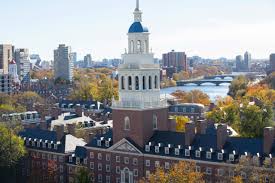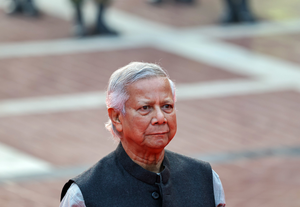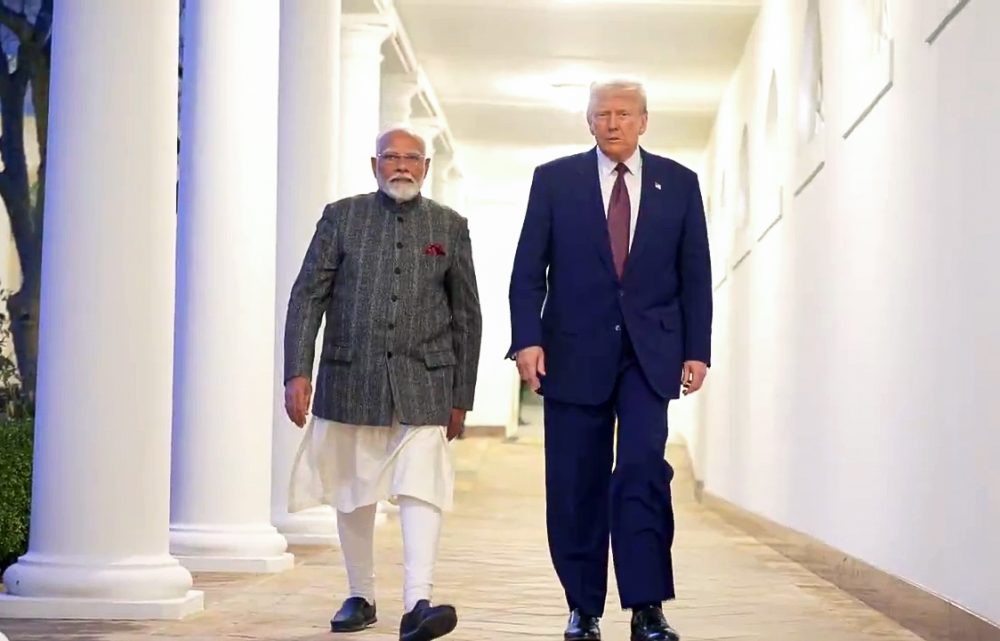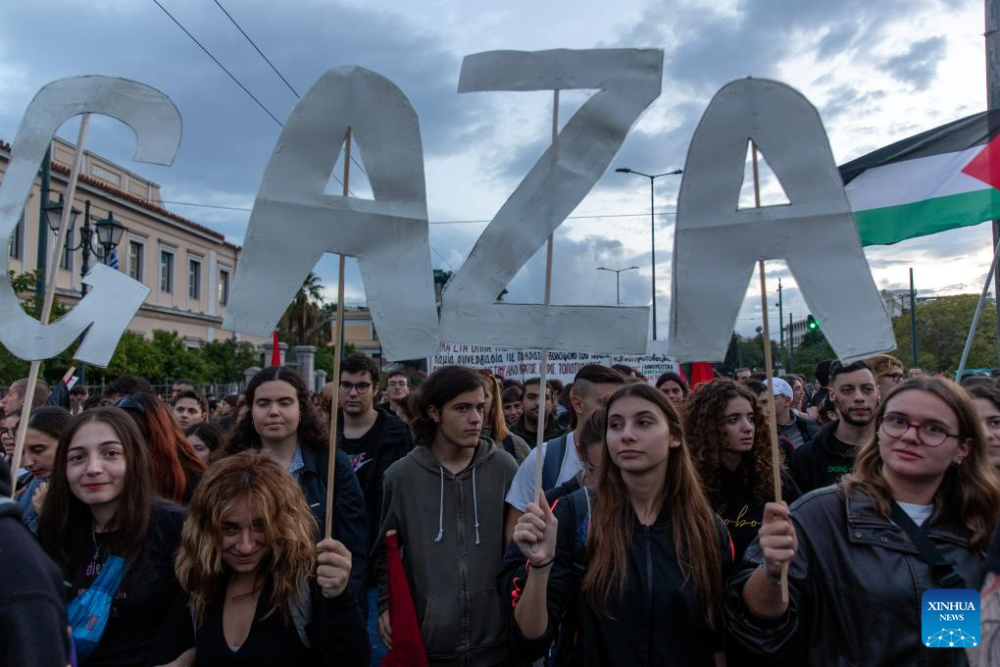The standoff between Harvard University and President Donald Trump has intensified dramatically, as the White House threatens to revoke the Ivy League institution’s tax-exempt status over its refusal to comply with sweeping federal demands.
The row erupted after the Trump administration froze $2.2 billion in federal grants and contracts earlier this month, citing Harvard’s failure to implement directives aimed at reshaping governance, hiring, and civil rights enforcement. The latest escalation came on Tuesday, when Trump declared on Truth Social that Harvard “should lose its Tax Exempt Status and be Taxed as a Political Entity” if it continued to defy the administration’s orders.
“Tax-exempt status is totally contingent on acting in the PUBLIC INTEREST,” Trump posted, framing his stance as a push for transparency and accountability.
The administration’s demands, first issued in early April, include the elimination of Diversity, Equity, and Inclusion (DEI) offices, active cooperation with immigration enforcement in monitoring international students, and the overhaul of hiring and admissions practices to reduce what officials call “ideological bias.” A second, more detailed directive sent last week also called for an audit of political affiliations among faculty and students.
Harvard has rejected the terms outright. In a sharply worded public letter, university president Alan Garber defended the institution’s autonomy: “We will not negotiate over our independence or constitutional rights. No government should control what a private university teaches or whom it hires and admits.”
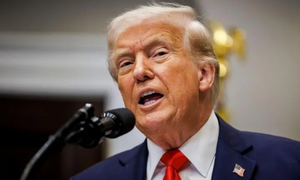
The response appears to have inflamed tensions. The Joint Task Force to Combat Anti-Semitism, a Trump-era agency, formally suspended the release of multi-year federal funding and existing contracts worth $60 million. The task force accused Harvard of operating with “a mindset of entitlement,” saying taxpayer funding comes with an obligation to protect civil rights and maintain ideological neutrality.
The broader political context includes growing unrest on American university campuses, particularly in relation to student-led protests against the Israeli military operation in Gaza. Several demonstrations at elite colleges, including Harvard, have resulted in clashes with police and opposing protest groups. President Trump and Republican lawmakers have accused some protest leaders of expressing sympathy for Hamas, a US-designated terrorist organisation.
The administration’s crackdown is being interpreted by critics as part of a broader campaign to exert political influence over higher education institutions traditionally seen as left-leaning. Supporters argue the measures are long overdue to ensure balance, free expression, and alignment with national priorities.
As the standoff continues, Harvard’s funding remains frozen and its legal team is reportedly exploring options to challenge any attempt to revoke its nonprofit status. The university’s endowment, which exceeds $50 billion, provides some cushion against immediate financial fallout, but the loss of federal support — and possible tax implications — could mark a historic shift in how elite universities interact with the federal government under the Trump presidency.


